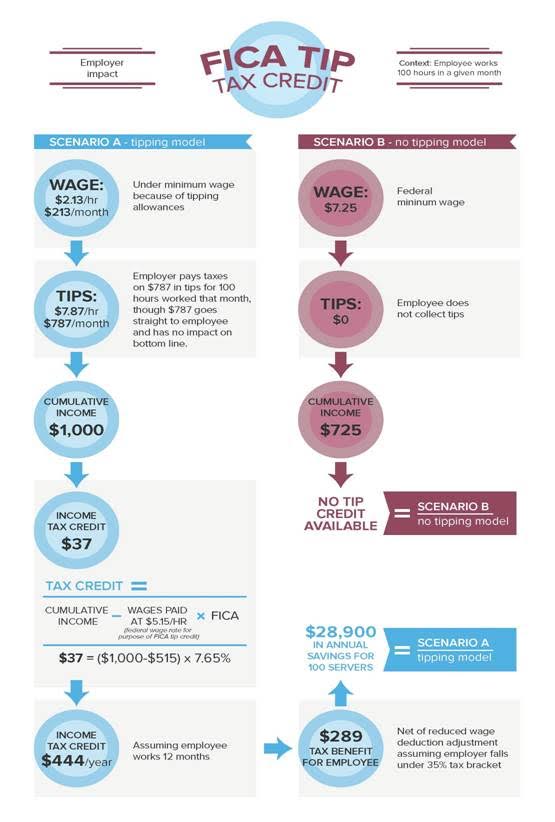5 Things to Never Say in an Interview
/

Your goal at any job interview is to get hired. To prove your candidacy, you need to impress and tell hiring managers what you are capable of. However, there are things you can say and definitely should never say. Here are five messages you absolutely do not want to slip out of your mouth:
#1: "What does your company do/specialize in?"
It is expected that you do research on the company before the interview. The hiring manager should not be the one to inform you. Not knowing general information about business makes you seem unprepared and unfit for the job. If you are unsure, you can ask for clarification, but do know the basics, such as the type of restaurant it is or what type of cuisine it serves.
#2: "Um... I don't know."
You may be stumped by your interviewer's questions, but there is a better way to go around it. Try to avoid saying, "I don't know", and respond with, "That's a good question." That reply can help you segue the conversation or redirect it towards a topic you are able to answer. However, be sure to stay relatively relevant and don't go totally off topic.
#3: "My last boss/job was terrible."
Talking negatively about your former employer or workplace is not a good idea. Your complaining makes it look as if you are hard to work with and not a team player. Instead, mention how you able to take away positive experiences and learnings from your previous position.
#4: "You can find that on my resume."
Certainly, the hiring manager knows that, and just wants you to elaborate further. He/she most likely wants you to tell them more about your role that you did not have written down. Also, he/she could be assessing how well you are at communicating and testing your social skills. Basically, use this chance to highlight your skills in a greater way, rather than it being something listed on a piece of paper.
#5: "No, I don't have any questions."
Don't leave the job interview on a flat note. Ask your recruiter a thought-provoking question, because it can possibly help your memorability-factor. Prepare, in advance, a few you can perhaps ask, such as "Do you have any hesitations about my qualifications?" or "What do you think are the most important qualities for someone to excel in this role?"












